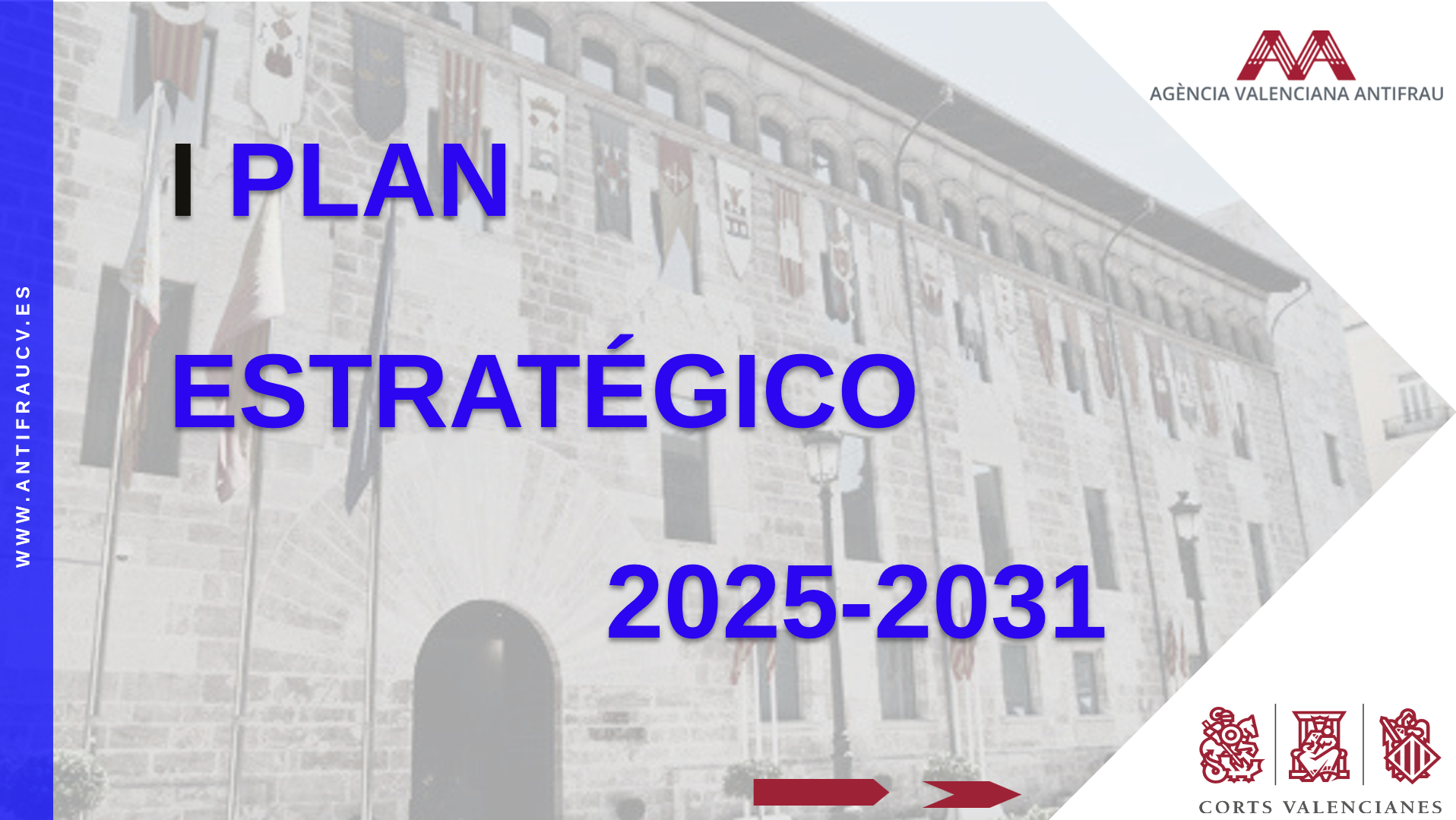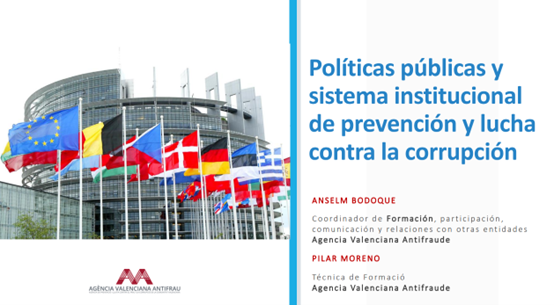La Vall d’Uixò, 12 may, 2025.- For the second consecutive year, IES Honori García in La Vall d’Uixò (Castellón) hosted the #DocuforumAVAF activity in its 1st year of baccalaureate classrooms, thanks to the collaboration of teacher Ivana Nevot.
Students of the subject “Legal and Democratic Culture” learned about the work of the institution with Pilar Moreno García, training officer at AVAF, who explained the Agency’s functions within the Valencian Community:
- Protection of whistleblowers.
- Evaluation, verification, and inspection of reports received through the external whistleblowing channel.
- Training on integrity and prevention of fraud and corruption in the public sector.
The Valencian Anti-Fraud Agency contributes to the United Nations’ #UnitedAgainstCorruption initiative through the #DocuforumAVAF program and through seminars and courses it offers in public institutions throughout the region.
If you are a university, high school, or 4th ESO teacher in the Valencian Community and are interested in holding the #DocuforumAVAF training activity in your classroom, don’t hesitate to contact the Training Area of the Valencian Anti-Fraud Agency at: formacion@antifraucv.es




